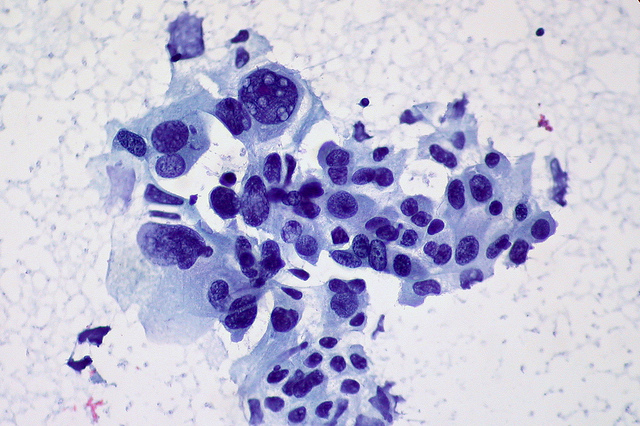
Seagen, a specialist in a type of cancer therapy called an antibody drug conjugate (ADC), is expanding its reach with a deal for a preclinical asset that has the potential to stand out in an emerging new class of cancer immunotherapies.

Behavioral Health, Interoperability and eConsent: Meeting the Demands of CMS Final Rule Compliance
In a webinar on April 16 at 1pm ET, Aneesh Chopra will moderate a discussion with executives from DocuSign, Velatura, and behavioral health providers on eConsent, health information exchange and compliance with the CMS Final Rule on interoperability.
According to terms announced Monday, Bothell, Washington-based Seagen is paying $50 million up front for an exclusive license to Lava Therapeutics drug candidate LAVA-1223. Netherlands-based Lava develops T cell engagers, antibody drugs with one arm that binds to a target on a T cell and another arm that binds to a tumor target.
Several biotechs are pursuing bispecific T cell engagers but Lava engineers its drugs to go after gamma delta T cells, which represent a much smaller percentage of the total number of T cells circulating in the body. Lava says its approach of targeting gamma delta T cells leads to a tumor-specific immune response that also avoids activating T cells that are immunosuppressive. Furthermore, Lava says its approach sparks responses that work quickly and last longer. The company calls its proprietary technology Gammabody.
LAVA-1223 is designed to treat solid tumors that express the protein EGFR, a validated cancer target that is addressed by Johnson & Johnson’s Rybrevant and Takeda Pharmaceutical’s Exkivity. Both drugs won FDA approvals last year for treating non-small cell lung cancer. EGFR is also expressed by colorectal cancer and head and neck cancer. However, that protein is found on some normal cells, so drugs that target it can lead to adverse effects. Lava says its drug could become the first one that works by directing gamma delta T cells to tumors, an approach intended to minimize the effects on healthy tissue.
The field of companies researching gamma delta T cells includes Adicet Bio and In8Bio. Both clinical-stage companies turn these cells into cell therapies. Shattuck Labs activates gamma delta T cells with drugs that are fusion proteins. In June, ImCheck Therapeutics unveiled €154 million (about $160.5 million) in financing to continue clinical development of its gamma delta T cell-activating antibody drugs.

A Deep-dive Into Specialty Pharma
A specialty drug is a class of prescription medications used to treat complex, chronic or rare medical conditions. Although this classification was originally intended to define the treatment of rare, also termed “orphan” diseases, affecting fewer than 200,000 people in the US, more recently, specialty drugs have emerged as the cornerstone of treatment for chronic and complex diseases such as cancer, autoimmune conditions, diabetes, hepatitis C, and HIV/AIDS.
Lava’s pipeline has four disclosed programs plus a collaboration with Janssen Biotech that is addressing an undisclosed target. The most advanced Lava program, LAVA-051, targets the cancer protein CD1d. That T cell engager is currently in Phase 1 testing in multiple myeloma, chronic lymphocytic leukemia, and acute myeloid leukemia.
Lava could receive up to $650 million in milestones, plus royalties from sales if Seagen is able to bring LAVA-1223 to the market. The deal also gives Seagen the opportunity to negotiate exclusive rights to apply Lava’s Gammabody technology on up to two additional tumor targets.
“This agreement enables Lava to further validate its platform in a second solid tumor product candidate, bringing us closer toward our goal of generating effective Gammabody medicines for cancer patients,” Lava President and CEO Stephen Hurly said in a prepared statement.
Photo by Flickr user Ed Uthman via a Creative Commons license












